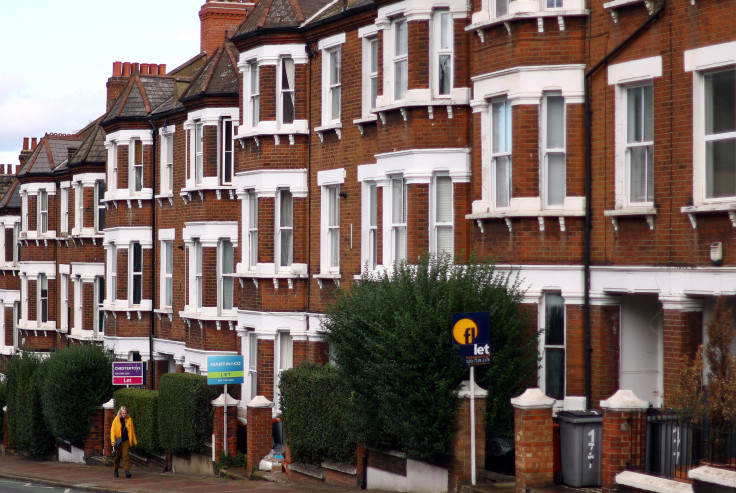Recent Data Reveals House Prices Fall in Largest Slump Since 2009
Data from Zoopla shows there has been a 23 per cent reduction in housing sales so far this year compared to the same time last year.

House prices have fallen in the largest drop since 2009, according to Zoopla.
The British real estate company says 80 per cent of local areas around the country have registered annual falls, the starkest the property website has reported since 2009.
The falling cost of houses appears to be the result of rising mortgage rates, which have translated into weaker demand and reduced buying power.
Richard Donnell, executive director at Zoopla, said: "House prices have proven more resilient than many expected over the last year in response to higher mortgage rates."
However, it's going to take longer for housing affordability to reset to a level where more people start to move home again.
According to the property search application, "income growth is finally increasing faster than inflation but mortgage rates remain stuck around five per cent or higher".
Data from Zoopla shows there has been a 23 per cent reduction in housing sales so far this year compared to the same time last year.
Rising borrowing costs and a squeeze on household incomes have meant some people are delaying moving or are unable to afford to take out a loan.
One of the key factors contributing to the surge in mortgage costs has been the Bank of England's decision to repeatedly raise interest rates.
Interest rates have been rising consistently since 2021, in an attempt to combat inflation, and are currently at their highest level for 15 years. The consequences of these rate hikes have reverberated throughout the housing market, influencing both potential buyers and homeowners.
Prime Minister Rishi Sunak promised at the start of the year that he would "halve inflation", which would have to fall to about 5.3 per cent in December to meet that target.
In March, he unveiled a budget to tackle a cost-of-living crisis — which sparked strikes as many wages failed to keep pace.
Retail sales growth in the United Kingdom slowed in September, reflecting the ongoing financial pressure on households due to the high cost of living.
Despite the Bank of England's decision to hold the rate at 5.25 per cent last month, the impact of the rate hikes is still evident in the housing market.
Recent data from the Bank of England indicates that only 45,400 mortgages were approved for house purchases, representing a 30 per cent decrease compared to the monthly average in 2019 before the onset of the pandemic and subsequent market volatility.
According to Donnell, house prices need to fall further, and incomes increase or mortgage rates need to drastically decline, to reset affordability and support demand or sales.
Currently, although the market has transformed from double-digit house price growth year-on-year to a falling figure, the scale of the reduced cost remains limited.
House prices are down annually by 1.1 per cent on average, but the largest annual falls have been registered in commuter towns around London and across the South East.
For example, house prices are 3.5 per cent down in Colchester and 3.3 per cent lower annually in Luton.
No local markets have registered annual price falls over five per cent, Zoopla claims.
However, experts predict some markets to register larger falls in the coming months, in response to weaker buying power.
"We believe that house prices will post further small falls, averaging two per cent over 2024 with 1m home moves," Donnell said.
The Hamptons estate agency says that whilst tenants are facing these cost-of-living pressures, landlords are also facing various cost burdens that are causing the latter to quit the rental market.
Rents are forecast to rise as much as 25 per cent across Britain between 2023 and the end of 2026.
It was already reported last month that rent rises across Britain were at their highest levels since 2016. With fewer properties available to rent, costs have been pushed up for renters.
In the year to July, renters have already seen an uptick in rental bills of 5.3 per cent on average. This new data suggests that the trend is not likely to wane in the next few years.
© Copyright IBTimes 2025. All rights reserved.






















